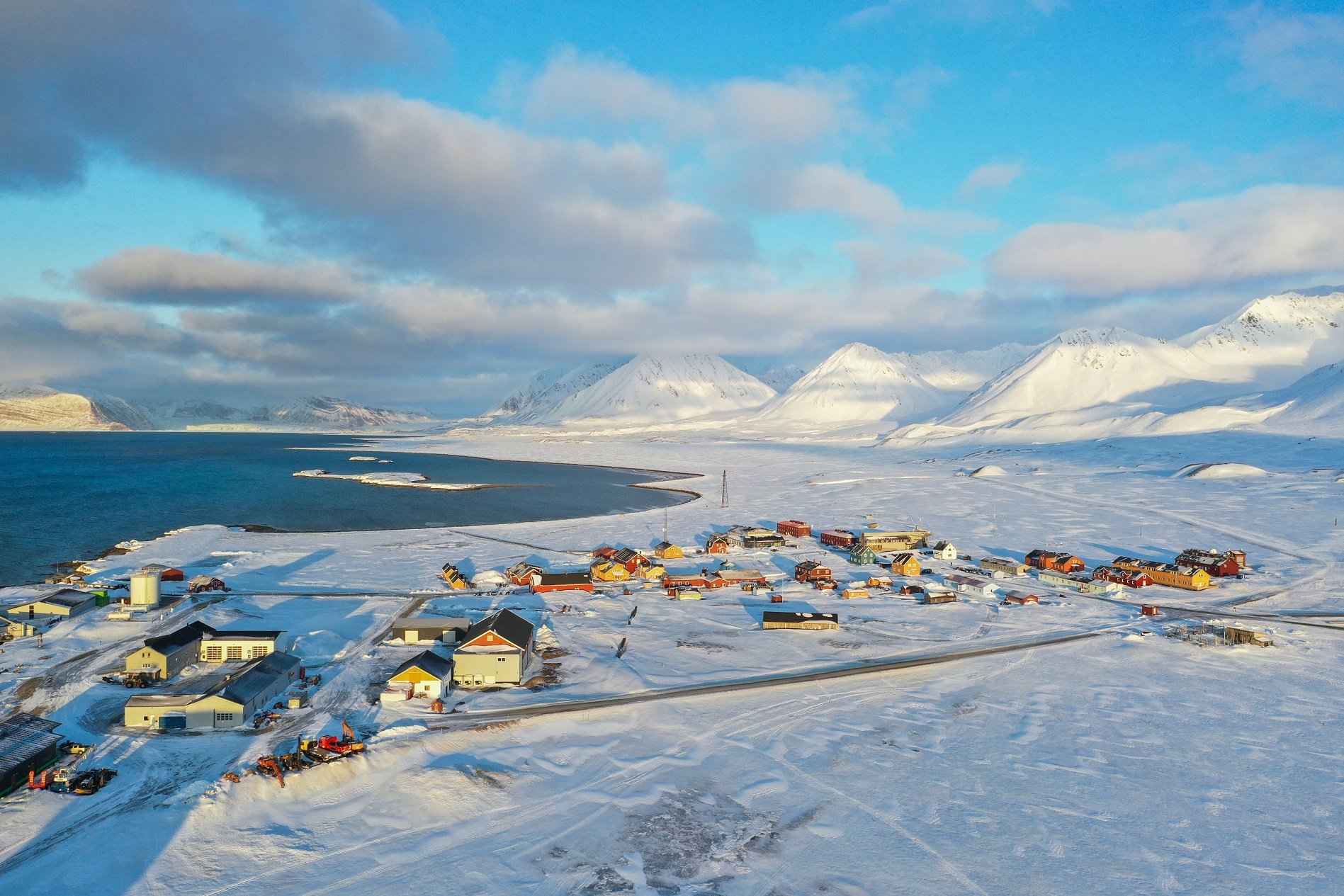
Become a
Station Member
How to join?
Send your membership request through the form you can find by clicking on the button “JOIN NOW”.
Please read our Statutes to learn more about how INTERACT Non-Profit Association works. Don’t hesitate to ask questions by filling the contact form at the end of this page.
Why should I join?
Continue international collaboration and the many INTERACT activities into the future.
Share knowledge and experiences. As a member of the INPA, you become part of a groups of stations that often share the same challenges of managing research stations in cold and harsh environments. INPA members share information and develop guidelines and good practices for research station management, including both station operations and visitor preparedness and safety documents. Meetings between station managers are arranged 1-2 times per year online or physically depending on available funding.
INPA Access programmes. INPA operates three types of access programmes: Transnational Access, Remote Access, and Virtual Access. A key aim for INPA is to secure funding for access programmes to INPA member stations. INPA therefore interacts with the Arctic research community to lobby and apply for grants that are then distributed among the participating stations.
Join projects. Scientists working in the Arctic, often work out of research stations for logistical reason or for making use of existing data sets. As a member of INPA, research stations become part of the palette of research stations that scientists and organisations can include in project proposals.
What do I need to join?
Research stations can become members of INPA if they comply with following criteria:
The research station should be located in the Arctic or cold regions of northern boreal or alpine environments.
The research station should be long-term, meaning that there should not be a set closing date.
The research station should be open for external scientists, meaning that external scientists can be accommodated at the station.
The research station must undertake long-term monitoring, meaning that there should be long-term monitoring of at least some basic climate variables.
